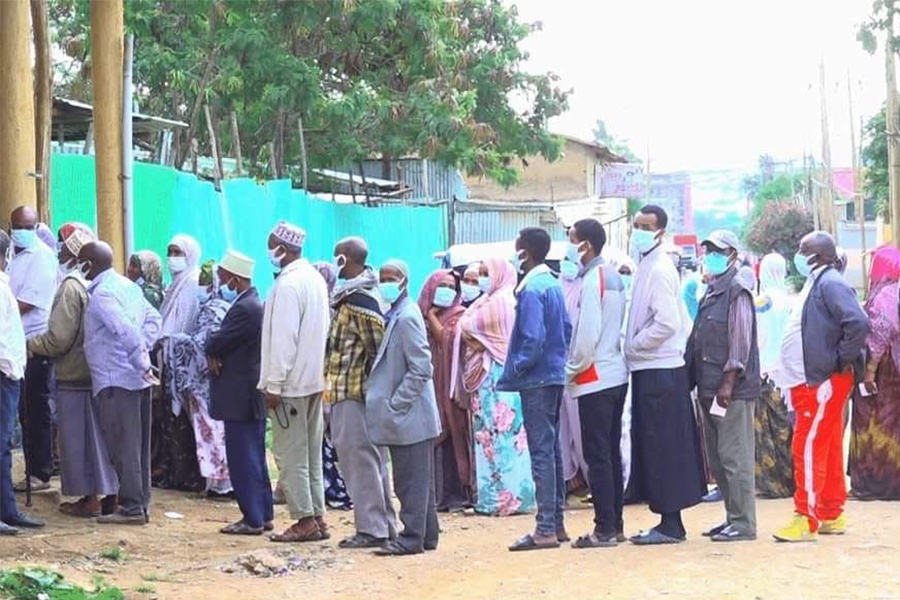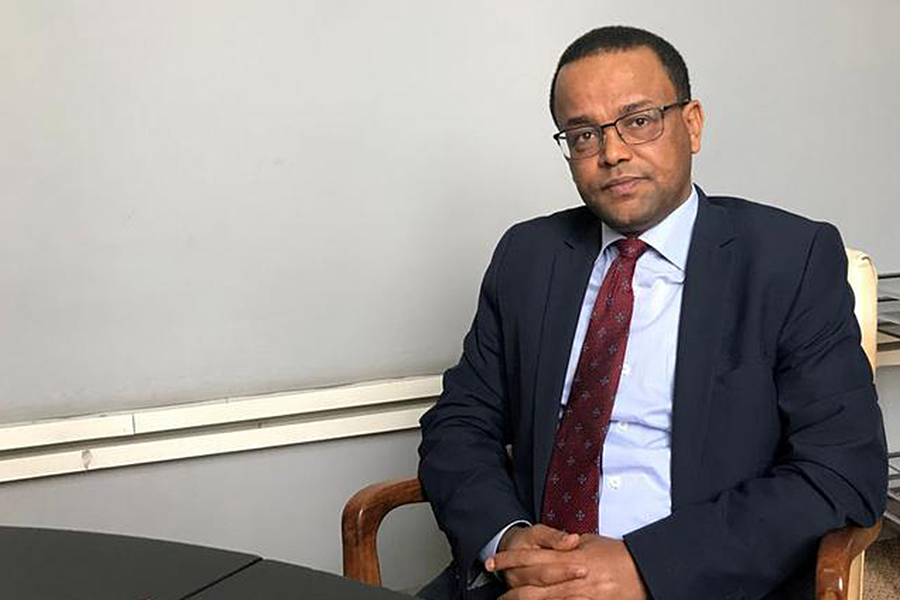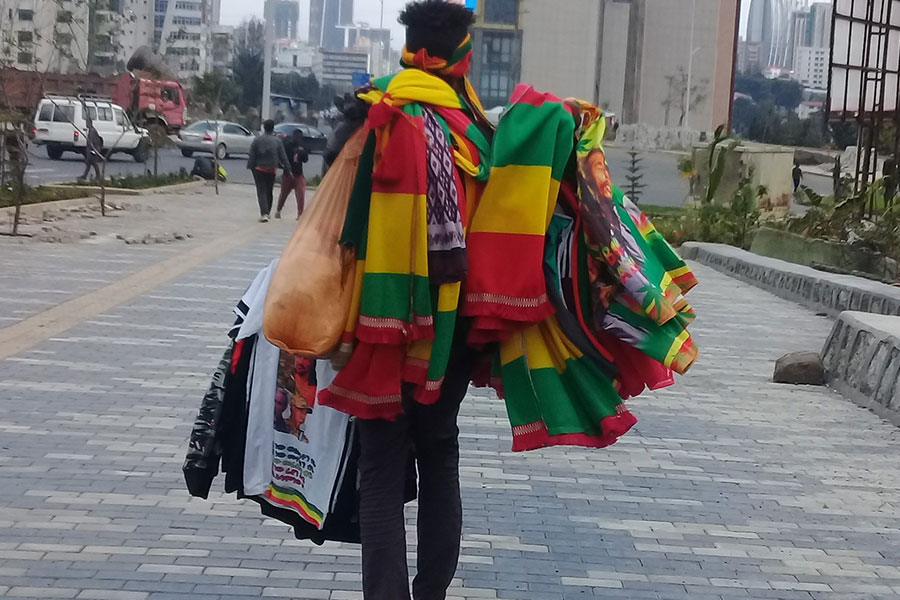
Fortune News | Sep 30,2021
The state-owned power monopoly, the Ethiopian Electric Power (EEP), is worth 382 billion Br (8.7 billion dollars current exchange rate), as an asset valuation result revealed. This is slightly higher than the 302.3 billion Br of debt it owes to the Commercial Bank of Ethiopia (CBE).
The assets in the books of the company include dams, substations, and electric lines, among others.
An asset valuation job carried out by Fairfax Plc, a private consulting firm, has been completed after two and a half years. Contracted in November 2018 for 2.8 million dollars, Fairfax was expected to complete the work in eight months. The firm has rustled against PwC and KPMG, the big names in the international audit and consulting business.
However, the completion of the contract has suffered a two-year delay due to a misunderstanding that occurred while defining the scope of the work before the beginning of the actual valuation process, executives at the EEP conceded.
"The preparation process before the valuation began had been undermined," said Yirgu Hailu, head of the Assets Valuation and IFRS Reporting Programme Office at EEP. "Our assumption that inventory and revaluing the assets of such a big enterprise would end in just eight months was wrong, considering the size and locations of its assets."
Zemedeneh Nigatu, founder and global chairman of Fairfax Africa Fund, attributed the project delays to the vastness of EEP's holdings and the difficulty of bringing in expatriates after the COVID-19 pandemic last year.
It is one of Ethiopia's biggest-ever asset valuation projects, according to Zemedeneh.
"It shows how local companies are in a position to deliver such a huge task," he told Fortune. "The time was fair considering these factors."
The final report concluded that EEP has 24 power generation sites, 129 substations, 36,200 transmission lines, 948 vehicles, 48,000 pieces of furniture, and 3,232 buildings under its possessions. The market value of each asset was taken into consideration during the valuation since it is a prerequisite to comply with the International Financial Reporting Standard (IFRS), a job awarded to PwC Global Financial Services for 2.1 million dollars.
While the firm has already received 40pc of payment for the job, it has delivered inception and assessment reports and used the asset valuation report to convert the current accounting system of EEP, a generally accepted accounting principle (GAAP), and technically assisted the enterprise in making it ready for IFRS implementation.
"We're now waiting for the external auditor [Audit Service Corporation] to finalise its process since the adoption has been completed," said Yirgu, who expects the audit firm to deliver EEP's IFRS audit report within a few months.
Prior to EEP, several state-owned enterprises have been converting their reporting system to IFRS, with the latest being Ethio telecom, consulted by PwC. Its asset value, carried out by KPMG East Africa Ltd, has increased by 42pc following the adoption. The state-owned Commercial Bank of Ethiopia (CBE) was the first financial firm to adopt IFRS, a year before the Accounting & Audit Board of Ethiopia (AABE) set the deadline. It was followed by all private banks and insurance firms, which complied with the reporting system in 2018.
Getahun Abebaw, an asset valuation expert with seven years of experience, sees IFRS as crucial to show the real value of assets companies have in their books.
"It helps state-owned enterprises and any other company to show the market value to the public, contrary to GAAP," Getahunsaid.
Though the implementation of IFRS was originally scheduled to be completed in 2020, it was extended for three years. Institutions designated as being of public interest are expected to comply with the new reporting standard.
The valuation under the use of the state-owned electric producer excluded two big hydroelectric projects – the Grand Ethiopian Renaissance Dam (GERD), which is projected to cost over five billion dollars, and Genale Dawa, built at the cost of 451 million dollars - as well as the Repi Landfill Project, in which the EEP has invested 119 million dollars. The 335-million-dollar 500kv electricity lines connecting Ethiopia with Kenya were not incorporated in the valuation. It took assets that were in use by 2016, based on the accounting principles of IFRS, a year after Parliament passed legislation compelling companies to adopt IFRS for financial reporting.
The 64-year old state-owned enterprise has gone through major corporate restructuring since its establishment in the mid-1950s. Christened as the Ethiopian Electric Light & Power Authority (EELPA), it was a regulatory body as a sole generator and distributor of electric power for four decades.
Its corporate identity was divorced from its regulatory role in the mid-1990s, rebranded as the Ethiopian Electric Power Corporation (EEPCo). The companies business bundling generations of electric power and retailing to households came to an end in 2013, when Prime Minister Hailemariam Desalegn administration decided to separate EEP from the Ethiopian Electric Utility (EEU).
Recently, the government established the Liablity & Asset Management Corporation to soak up the debts of state-owned enterprises including EEP.
PUBLISHED ON
May 29,2021 [ VOL
22 , NO
1100]

Fortune News | Sep 30,2021

Delicate Number | Nov 13,2021

Radar | Mar 23,2019

Fortune News | Jan 21,2023

Fortune News | Dec 11,2021

Exclusive Interviews | Jan 05,2020

Fortune News | Sep 01,2021

Radar | Aug 28,2021

Radar | Oct 31,2022

Radar | Dec 19,2021

Dec 22 , 2024 . By TIZITA SHEWAFERAW
Charged with transforming colossal state-owned enterprises into modern and competitiv...

Aug 18 , 2024 . By AKSAH ITALO
Although predictable Yonas Zerihun's job in the ride-hailing service is not immune to...

Jul 28 , 2024 . By TIZITA SHEWAFERAW
Unhabitual, perhaps too many, Samuel Gebreyohannes, 38, used to occasionally enjoy a couple of beers at breakfast. However, he recently swit...

Jul 13 , 2024 . By AKSAH ITALO
Investors who rely on tractors, trucks, and field vehicles for commuting, transporting commodities, and f...

Nov 1 , 2025
The National Bank of Ethiopia (NBE) issued a statement two weeks ago that appeared to...

Oct 25 , 2025
The regulatory machinery is on overdrive. In only two years, no fewer than 35 new pro...

Oct 18 , 2025
The political establishment, notably the ruling party and its top brass, has become p...

Oct 11 , 2025
Ladislas Farago, a roving Associated Press (AP) correspondent, arrived in Ethiopia in...